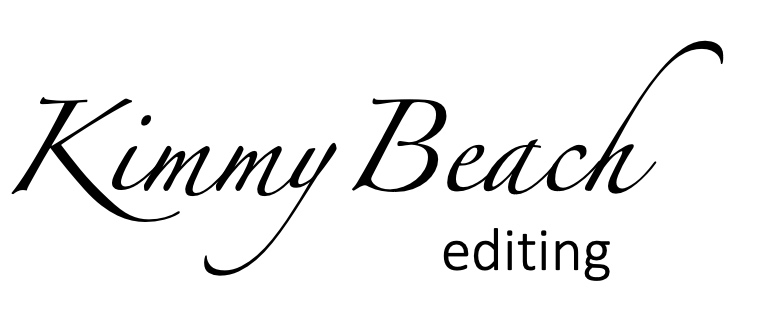Who will buy...
Stu and our friend, Chris, in Oliver! at Red Deer College circa 1992
The other day, I sat down outside to finish reading a novel I was really enjoying.
And then I stopped dead. I had to put the book down, go online, and reassure myself that I hadn’t lost my mind and I knew what I was talking about.
The narrator says that she was surprised to find herself humming a tune from the musical, Oliver! In italics (implying that it’s a quote in this context) are the words, Who will buy this wonderful evening?
Okay, I don’t know a lot of stuff, but I know this frickin’ musical. As the stage manager at the time, I ran what felt like 4,873,842 evening and afternoon showings of that cheery thing over the Xmas season back in the 1890s, complete with thirteen or so boys under the age of twelve (kill me) and a dog.
THERE IS NO SUCH LYRIC. Oliver asks who will buy him “this wonderful morning” or buy him this “wonderful feeling” But he doesn’t mention the evening. At the most basic level, it’s morning in the song.
To me, this feels different from the example I used a few weeks back in this post. There, I talked about the author of a poetry collection—for whatever reason—not quoting correctly from Hamlet.
Oliver! definitely is not in the public domain. It seems to me, then, that one of two things happened here. Either the author didn’t know the right words, wrote what she thought she remembered, and carried on, no one flagging it as the book neared publication. This doesn’t seem likely to me.
What seems more likely is that the author gave the character the incorrect words to hum. But why? The author had to know that there would be many people who would recognize that lyric as being incorrect. She had to know that it would stop some of us in our tracks and make us stop reading while we sorted it out.
I don’t know the author, so I don’t pretend to know her motivation. The fact is that lyrics cost money to reprint. I know this from first-hand experience, and I go quite deeply into it in a quoting and permissions lesson I’m working on for my new e-course in self-editing.
“Who will buy this wonderful” isn’t a full lyric, but as soon as you add “morning” or “feeling” to it, it is, and it requires permission and (very likely) a fee for reprinting it.
I’ll let you draw your own conclusions about that. My strong opinion is that changing one or two words of a lyric that a broad swath of your readership will recognize as incorrect isn’t the best move. The author (I feel) could have said that the character didn’t remember the correct words, so she sang what she thought were the correct lyrics. I’d have been completely fine with that.
Does this feel RILLY persnickety to you? Welcome to the world of copy editing! This is the exact kind of thing I get paid to look for and fix (or flag for the author).
~~
You can find out more about this in my new e-course. Read about that here, if you like. The course will launch on 15 October, and you’re welcome to sign up to my website for more details.
Happy week, dear readers.

